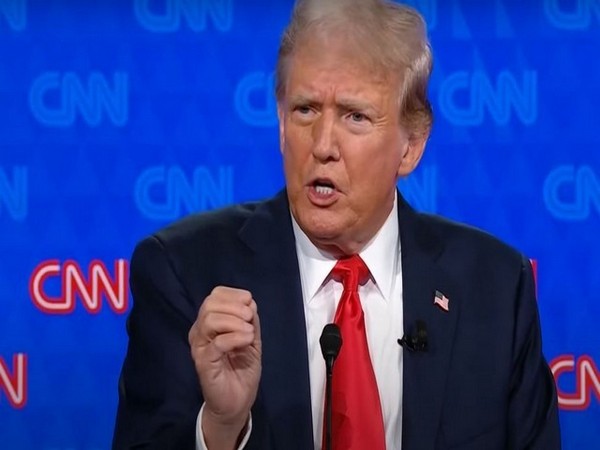Supreme Court Ruling Sparks Delay in Trump's Sentencing
Following a U.S. Supreme Court ruling on presidential immunity, Donald Trump's sentencing for conviction related to hush money paid to Stormy Daniels may be delayed. Trump’s lawyers argue his trial included actions protected by his presidential powers, while prosecutors disagree, yet do not oppose the extension.

Prosecutors who won the conviction of Donald Trump in May on charges stemming from hush money paid to a porn star said on Tuesday they would not be opposed to delaying his July 11 sentencing date, a court filing showed. That came after Trump's lawyers on Monday asked that his conviction be set aside due to the U.S. Supreme Court's ruling this week on presidential immunity.
In a landmark ruling on Monday, a 6-3 majority of the U.S. Supreme Court justices wrote that Trump could not be prosecuted for any actions that were within his constitutional powers as president, but could be prosecuted for unofficial acts. That decision all but ensured that Trump, the Republican presidential candidate, would not go to trial before the Nov. 5 election on separate federal criminal charges involving his efforts to undo his 2020 election loss to Joe Biden. Trump has pleaded not guilty to those charges.
In their letter, Trump's lawyers argued that prosecutors had presented evidence stemming from Trump's official acts while president during his trial on charges of covering up his former lawyer Michael Cohen's $130,000 payment to adult film actress Stormy Daniels. "The trial result cannot stand," lawyers Todd Blanche and Emil Bove wrote, asking to submit a full brief on the issue by July 10.
Prosecutors with Manhattan District Attorney Alvin Bragg's office said that argument was "without merit" but that they had no problem giving Trump the opportunity to fully argue his case. Trump pleaded not guilty and has vowed to appeal his May 30 conviction — the first-ever criminal trial of a U.S. president, past or present — after sentencing.
Prosecutors argued Trump directed Cohen's October 2016 payment to keep Daniels quiet about an alleged 2006 sexual encounter until after the November 2016 presidential election when he defeated Democrat Hillary Clinton. Trump denies having had sex with Daniels.
(This story has not been edited by Devdiscourse staff and is auto-generated from a syndicated feed.)
ALSO READ
Supreme Court Upholds Drug Smuggling Conviction Amid Controversial Expert Testimony
Supreme Court Upholds Drug Smuggling Conviction Amid Expert Testimony Controversy
Jonathan Majors Secures Role in 'Merciless' After Controversial Conviction
Manhattan Prosecutors Defend Gag Order in Trump's Hush Money Case
Hammer Attack Conviction: The State Court Ruling










